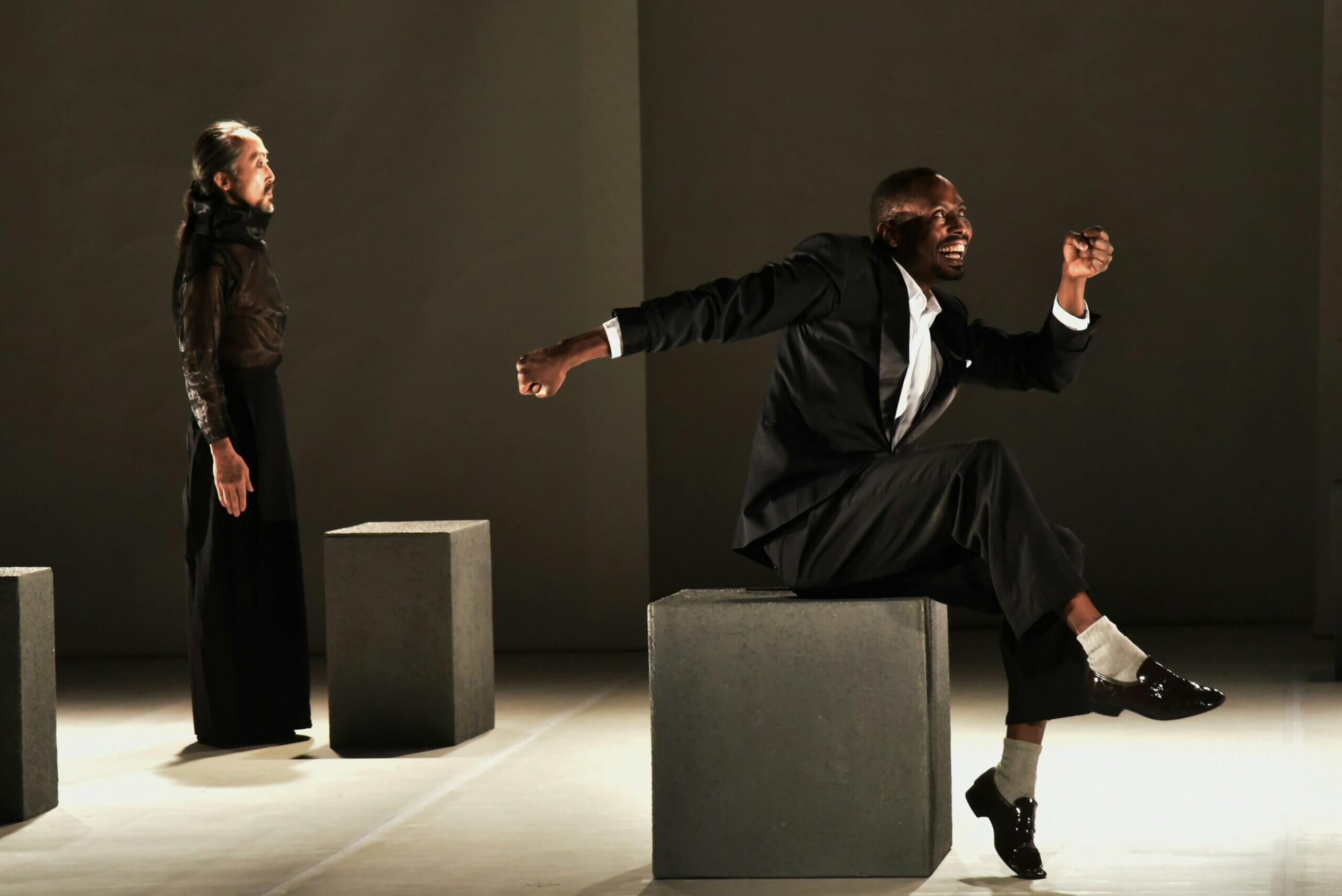Audition Advice with Casting Director Sunday Boling
With limited time in the audition room to give feedback, many casting directors express frustration that they aren’t able to coach actors through common mistakes. But, what if there was a way to bridge that gap? What if casting directors had the opportunity to give actors advice that would help them be solid and confident in their audition skills?
Sunday “Sunny” Boling, known for such projects as “Waitress,” “The Ballad of Lefty Brown” and “Hello, My Name is Doris,” answers the questions that actors need to know.
Starting in the waiting room, what are important things to keep in mind?
“All audition spaces are not sound-proofed, so sometimes actors can hear other actors performing and the direction being given. Do not adjust your choices based on what you are hearing through a wall. There are many reasons for direction, and direction is not always based on how the audition sounded. You are a unique creative being who has made choices based on your own worldview. Stay with your own choices.
While in the waiting area, gather together your sides, as well as your headshot and resume. Don’t wait until you walk into the audition space to dig out your material and only then realize you left some of your pages in the car.”
What are common audition stumbling blocks?
“Flubbing one word is not always grounds for starting over an entire scene. If casting wants to begin again or give direction, we will let you know. Stay in the moment and finish the scene. Often, when actors stop and start themselves, they become flustered and will repeat the same mistake several times before finally completing the scene. It’s better to get one version of the scene out, and then we can redo with notes if needed … And, at the end of a scene, stay in the moment until cut. Resist the urge to look over to casting for approval or to try and read their faces.
I always ask, ‘Do you have any questions?’ … The most common response is, ‘No, it’s pretty straightforward.’ I find the labeling of material as ‘straightforward’ so limiting. What makes casting and acting fun are the choices and the interpretation of material, the twists and the turns of thinking beyond what might at first seem straightforward … Even if the actor does not mean to identify the material as ‘direct and honest and free from crookedness,’ the actor is subconsciously labeling the material in a way that can block creative brainstorming during the prep process.”
What are some positive ways that an actor can stand out in an audition?
“Be in the moment. Listen to the reader. If given direction, change it up!”
What’s your favorite casting story?
“When we were casting Boogeyman 3, a lovely actress named Erin Cahill came in for a supporting role. The director was overseas, so all final decisions would be made from tape. Most of the material was very emotional and involved a lot of crying. Her first time through was good, but I thought that with a little direction she could take it one step further. I don’t enjoy making people cry repeatedly at an audition, but I believed she had something really special and wanted her to book the part. Erin gave another great read, and the audition was sent to the filmmakers. They were blown away by her work, and she ended up booking the lead in the film, rather than the small, supporting role for which she read.”
With Boling’s advice in mind, actors don’t need to stress about their next auditions. They will know to prep their materials in the waiting room and ignore overheard direction in order to stick with their own choices. Once in the room, actors can utilize Boling’s advice on how to make a positive impression on casting, including staying in the scene until cut. And, as Boling shared, exciting things happen when an actor takes direction and gives their best audition.




